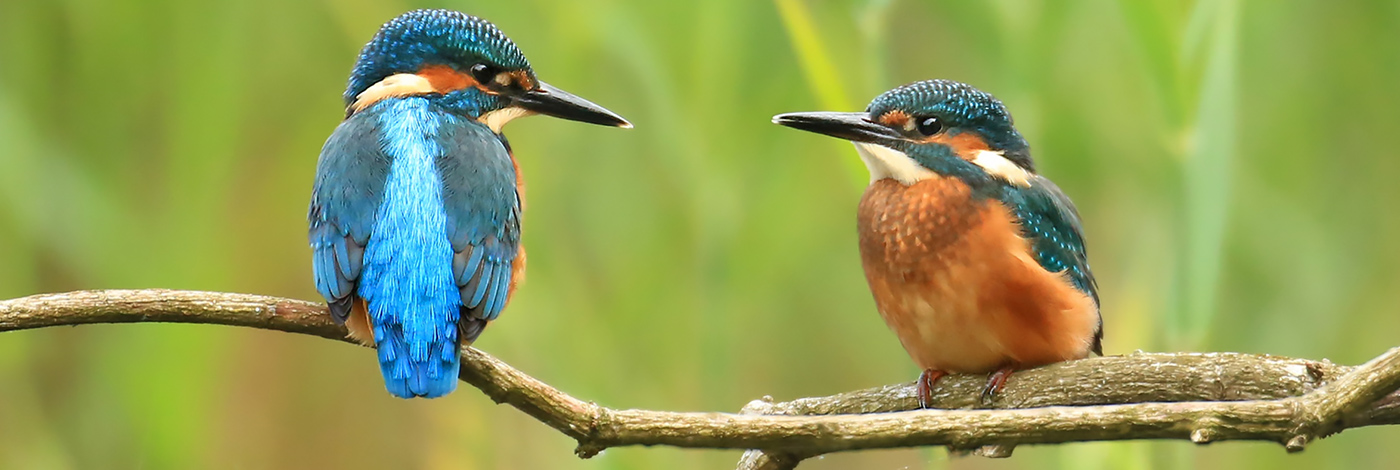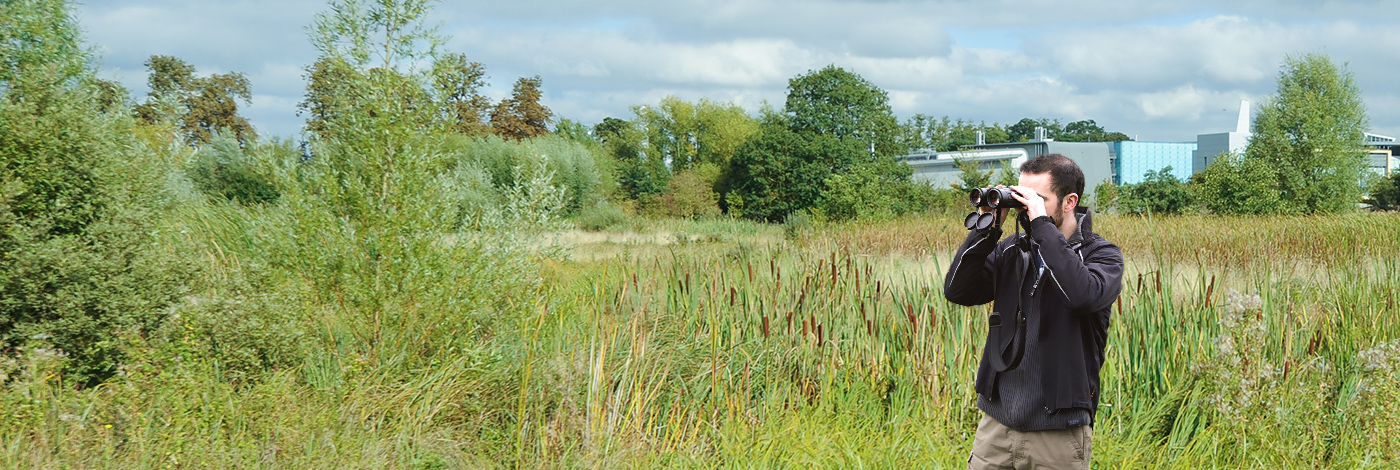Various surveys are undertaken including a common bird census, otter, butterfly and small mammal surveys, regular bird recording occurs throughout the year, including breeding birds and bird ringing.
Bird ringing, the placing of lightweight uniquely identifiable rings around the legs of wild birds, is an essential tool to understand how long birds live (survival rates), how many offspring they produce (productivity) and the timing and extent of their movements (dispersal and migration). All these factors are vital to addressing conservation concerns and gaining a deeper understanding of the factors affecting long term trends in bird numbers.
In the UK, bird ringing is strictly controlled by law, and in order to ensure that the welfare of the birds being caught is always paramount, ringers have to undertake rigorous training and assessment over several years before they are eligible to be considered for a permit. The Bird Ringing Scheme is administered by the British Trust for Ornithology who collect and analyse all data gathered by ringers in a central database.
The ringing activities are currently undertaken by the Upper Cam Ringing Group, sponsored by Wellcome.
Various other surveys are undertaken including a common bird census, otter, butterfly, bat and small mammal surveys. All species records from the Reserve are collated annually and sent to the Cambridgeshire and Peterborough Environmental Records Centre (CPERC). If you would like more information on how to get involved with our surveying or require copies of reports, please email wetlands@wellcomegenomcampus.org.

Sightings
We are fortunate to have some Campus staff who have an interest in ornithology and regularly go out onto the Wetlands Reserve and Campus wide to record the wildlife and birds that are using the area.
Learn more